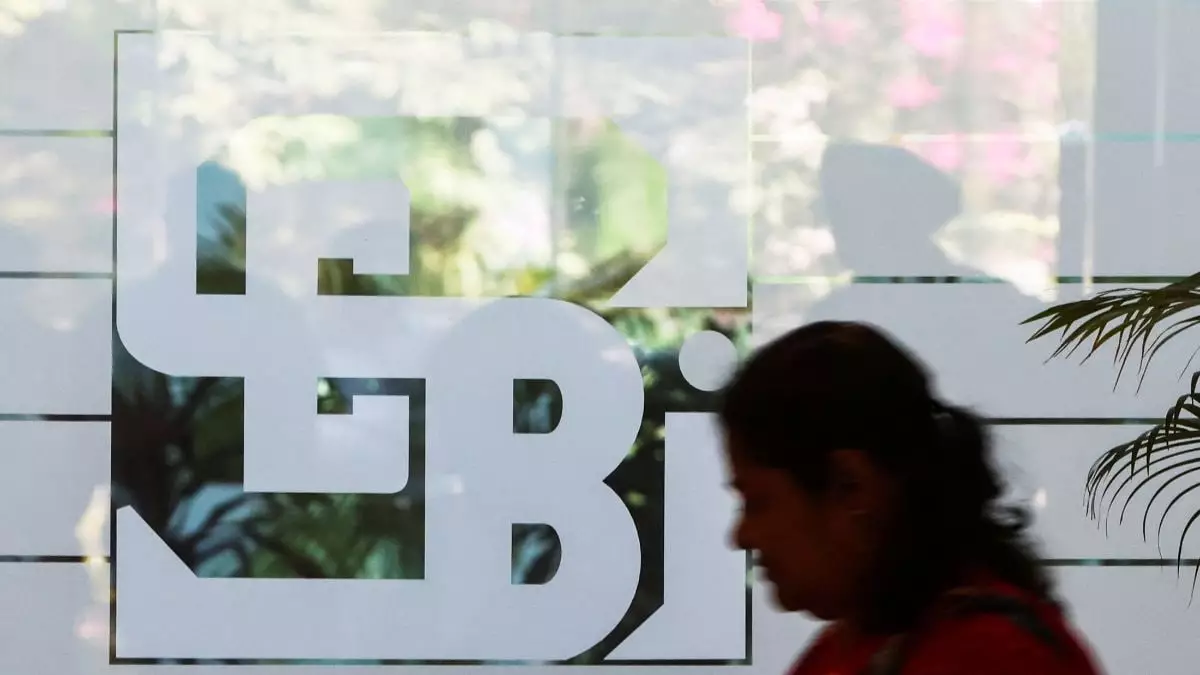In a pivotal move designed to fortify investor protection and bolster transparency in the securities markets, the Securities and Exchange Board of India (SEBI) announced new regulations for registered intermediaries who wish to advertise on major social media platforms. The influx of fraudulent schemes exploiting these platforms has prompted SEBI to act decisively, mandating that intermediaries must register using official contact information linked to SEBI’s system before launching ad campaigns. This decision highlights SEBI’s recognition of the increasing sophistication of fraudsters who prey on unsuspecting investors through digital channels.
The Rise of Deceptive Practices
The decision by SEBI comes in response to alarming trends observed in the securities market, where swindlers leverage platforms such as YouTube, Facebook, and Instagram to mislead potential investors. By presenting themselves as experts in online trading through flashy advertisements, they often provide misleading testimonials and false guarantees of risk-free returns. The increase in such fraudulent activities illustrates a critical gap in existing regulatory frameworks, particularly in the digital arena, where information disperses rapidly, often with little oversight.
Enhancing Verification Procedures
To combat these deceptive practices, SEBI’s new regulations will require all registered intermediaries to complete verification checks before they can publish ads on social media. By mandating that intermediaries register their email IDs and mobile numbers on the SEBI System for Intermediary (SI) Portal, the organization is not only creating a direct line of accountability but also reinforcing the legitimacy of those who traverse the digital advertising landscape. This is a smart move that aligns with global best practices while emphasizing local stakeholder engagement in regulatory processes.
Investor Safety as a Priority
SEBI’s approach acknowledges investor safety as a paramount concern in circumstances increasingly defined by technological disruption. Consumers deserve not only transparency in the information they receive but also confidence in the platforms where they make financial decisions. With this new regulation, SEBI is taking a proactive stance, heralding a paradigm shift in how financial services operate in the increasingly digital-first world. The timeframe set for intermediaries to update their information underscores SEBI’s urgency in tackling the fraud epidemic.
Future Implications for Digital Advertising
Ultimately, this initiative may have far-reaching implications beyond just the securities market. By setting a precedent for regulatory practices, SEBI’s move could inspire other sectors to implement similar verification protocols, especially in industries vulnerable to fraudulent activities. As more consumers migrate to digital environments for financial services, robust frameworks will be key in building trust and fostering innovation in secure and legitimate ways. The regulatory landscape must evolve concurrently with technological advancements to ensure that investor confidence remains intact.
In this ever-evolving digital age, SEBI’s measures represent a commendable effort to not only safeguard investor interests but also to promote a culture of accountability among financial intermediaries operating in a landscape fraught with risks.

